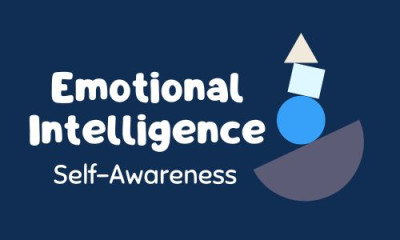This course includes
What you will learn ?
Curriculum for this course
Description
“Emotional intelligence, more than any other factor, more than IQ or expertise, accounts for 85 to 90 percent of success at work... IQ is a threshold competence. You need it, but it doesn’t make you a star. Emotional intelligence can.” — Daniel Goleman, psychologist and author of Emotional Intelligence: Why It Can Matter More Than IQ.
The pillars of emotional intelligence, often referred to as the five components, are:
1. **Self-Awareness**: The ability t
“Emotional intelligence, more than any other factor, more than IQ or expertise, accounts for 85 to 90 percent of success at work... IQ is a threshold competence. You need it, but it doesn’t make you a star. Emotional intelligence can.” — Daniel Goleman, psychologist and author of Emotional Intelligence: Why It Can Matter More Than IQ.
The pillars of emotional intelligence, often referred to as the five components, are:
1. **Self-Awareness**: The ability to recognize and understand your own emotions, strengths, weaknesses, and the impact of your actions on others. It involves being conscious of your emotional state and how it influences your behavior and decisions.
2. **Self-Regulation**: The ability to manage and control your emotions, particularly in stressful situations. It involves staying calm, composed, and able to think clearly, even under pressure, and not letting negative emotions dictate your actions.
3. **Motivation**: The internal drive to achieve goals, often fueled by passion, optimism, and resilience. It includes the ability to set and strive toward goals, maintain a positive attitude, and persist in the face of challenges.
4. **Empathy**: The ability to understand and share the feelings of others. It involves being aware of others' emotions, showing compassion, and responding to their emotional needs, which is crucial for building strong interpersonal relationships.
5. **Social Skills**: The ability to build and manage healthy relationships, communicate effectively, and influence others in a positive way. It includes teamwork, conflict resolution, and the ability to inspire and lead others through effective communication and relationship-building.
These pillars collectively contribute to emotional intelligence and play a significant role in personal and professional success.
